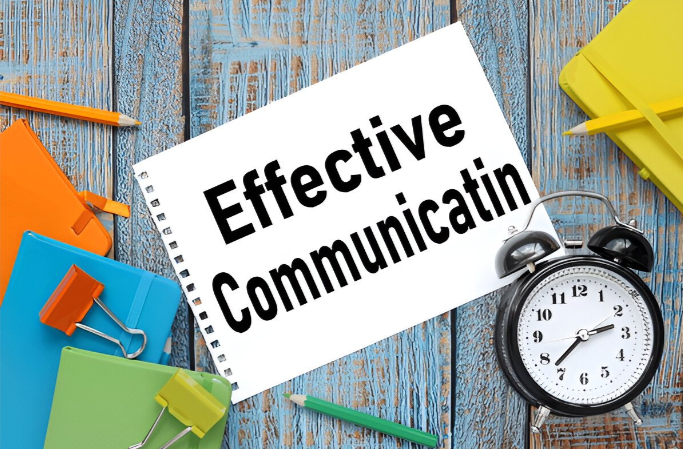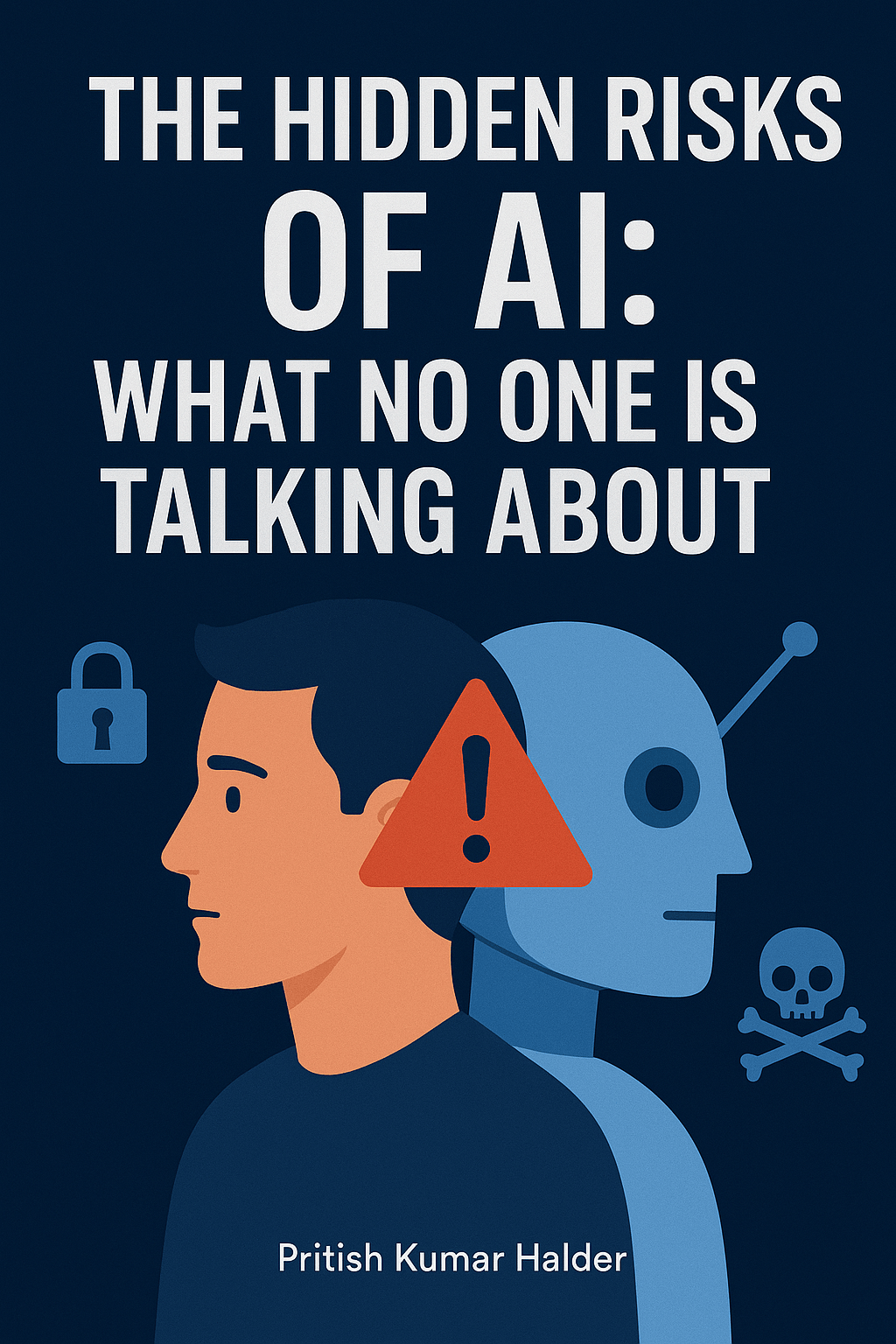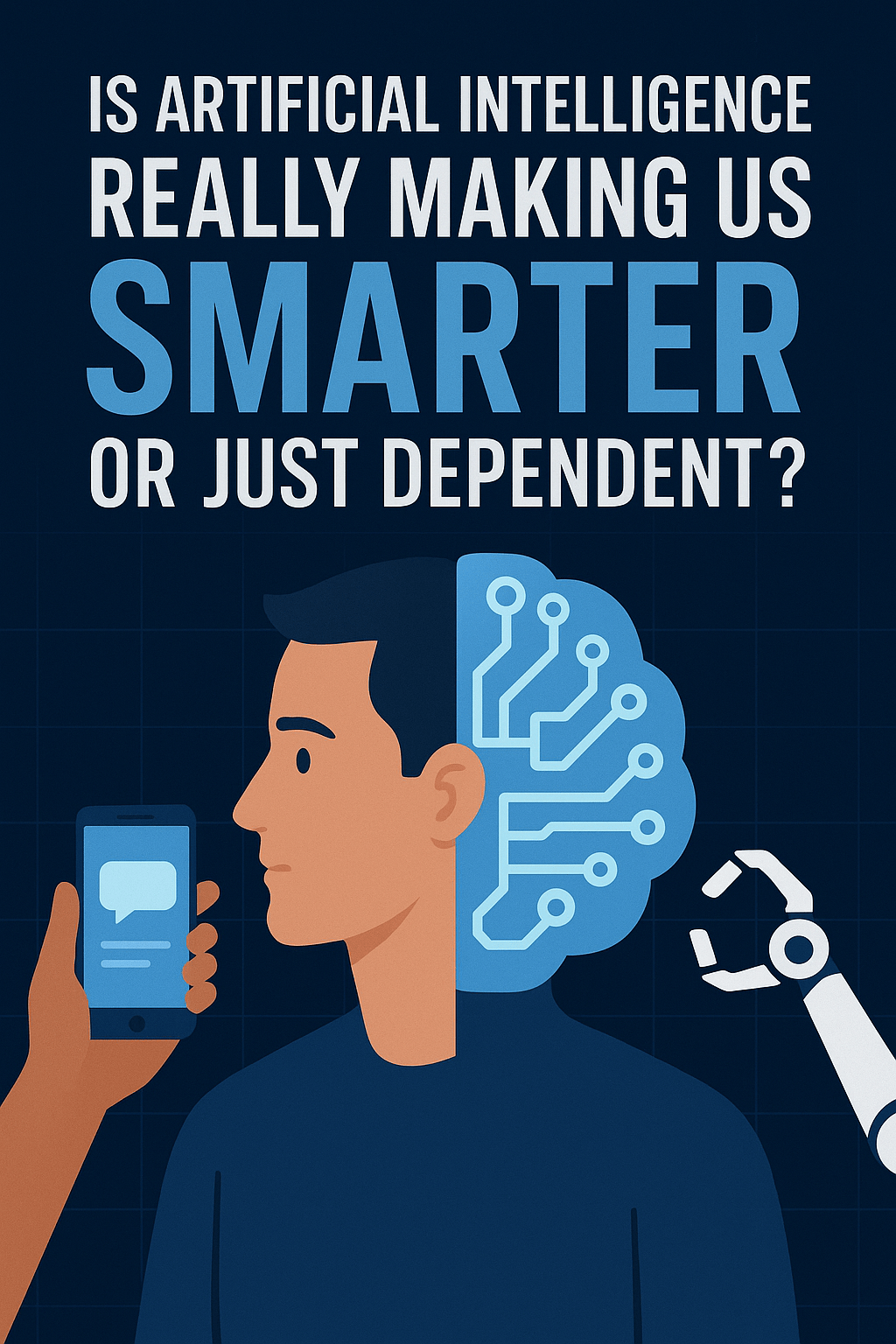Have you ever had a conversation with someone that left you feeling frustrated, misunderstood, or even angry? We’ve all been there! Whether it’s a challenging co-worker, a tough family member, or a friend who’s just hard to get through to, communicating with difficult people is one of life’s biggest hurdles. But here’s the exciting part: it doesn’t have to be! With the right tools and mindset, you can turn even the trickiest conversations into successful exchanges. And guess what? Learning through effective communication courses can be your secret weapon!
The Struggle Is Real: Why Communication Breaks Down
We all communicate daily, but how often do we find ourselves misunderstood, especially when emotions run high or when the person we’re dealing with is particularly challenging? This is where the power of effective communication comes in.
Imagine this: you’re at work, trying to get a project moving, but your colleague is being stubborn. No matter how clearly you explain your point, they just won’t listen. Frustrating, right? At times like these, it can feel like you’re talking to a wall. But the truth is, communication breakdowns happen because we’re not all equipped with the same tools and strategies. Some people are naturally difficult, while others may not realize they’re being so. Either way, knowing how to navigate these moments can be game-changing.
That’s where effective communication courses come in. These courses are designed to help you sharpen your communication skills, giving you the tools to not just talk but to be heard and understood—even by the most difficult people.
Understanding the Roots of Conflict
Before we dive into the “how,” let’s take a quick look at the “why.” Why do some people seem so hard to communicate with? Often, it’s not the words themselves that create conflict but the emotions behind them. People may feel defensive, stressed, or insecure, and these emotions can cloud their ability to listen or respond rationally. Learning to recognize these emotional barriers is one of the first steps toward improving communication.
But here’s the exciting part: once you identify the emotional triggers, you can tailor your approach to defuse tension and open the door for better conversations. And trust me, you don’t need a degree in psychology to do this! Simple, actionable techniques—like those taught in effective communication courses—can make a world of difference.
Mastering the Art of Listening
One of the biggest myths about communication is that it’s all about what you say. Spoiler alert: it’s not! The real secret to handling difficult people lies in listening, not talking. When you actively listen, you give the other person a chance to express themselves, which can often take the edge off their hostility or defensiveness.
Think of it like this: difficult people often feel unheard or misunderstood. By giving them your undivided attention and validating their feelings—even if you don’t agree with them—you’re already halfway to a successful conversation.
The Power of Empathy
Here’s where it gets exciting: empathy is a game-changer. When you approach a difficult person with empathy, you’re showing them that you understand their feelings. This doesn’t mean you have to agree with them, but just acknowledging their emotions can significantly reduce tension.
For example, imagine your boss is upset about a project delay. Instead of jumping to defend yourself, try saying, “I understand that you’re frustrated about the timeline. Let’s figure out how we can move forward from here.” That small act of empathy can completely change the tone of the conversation.
And, if you’re serious about leveling up your communication game, consider enrolling in effective communication training. These trainings go beyond the basics, offering strategies for managing emotions, navigating conflict, and getting your message across without escalating tension.
Practical Tips for Handling Difficult Conversations
Ready to put your new skills into action? Here are some simple, yet powerful, strategies for communicating with difficult people:
Stay Calm and Composed
No matter how heated the conversation gets, keeping your cool is essential. Easier said than done, I know! But deep breathing and pausing before responding can make all the difference. Difficult people often feed off negative energy, so staying calm disarms them.
Set Boundaries
It’s okay to set boundaries in your conversations. If someone is being particularly aggressive or disrespectful, let them know that the conversation will continue only if it remains civil. This creates a safer space for both parties.
Be Clear and Concise
When dealing with difficult people, the more direct and clear you are, the better. Avoid over-explaining or going off on tangents, as this can lead to more confusion and frustration.
Choose the Right Time
Timing can be everything when it comes to challenging conversations. If someone is already upset or stressed, it might not be the best time to address the issue. Wait until both of you are in a more neutral mindset to tackle the conversation.
How Itsolutionnest.com Can Help You Become a Communication Pro
At Itsolutionnest.com, we understand how important it is to communicate effectively, especially with difficult people. Our effective communication courses and effective communication training are designed to equip you with the tools you need to succeed in any conversation. From managing workplace conflicts to improving personal relationships, our courses offer practical strategies that will make you a better communicator in no time.
Author Introduction:
Pritish Kumar Halder is a seasoned expert in communication strategies with over 15 years of experience in helping professionals develop stronger, more effective communication skills. Through his work, Pritish has empowered countless individuals to handle difficult conversations with grace, confidence, and empathy.












